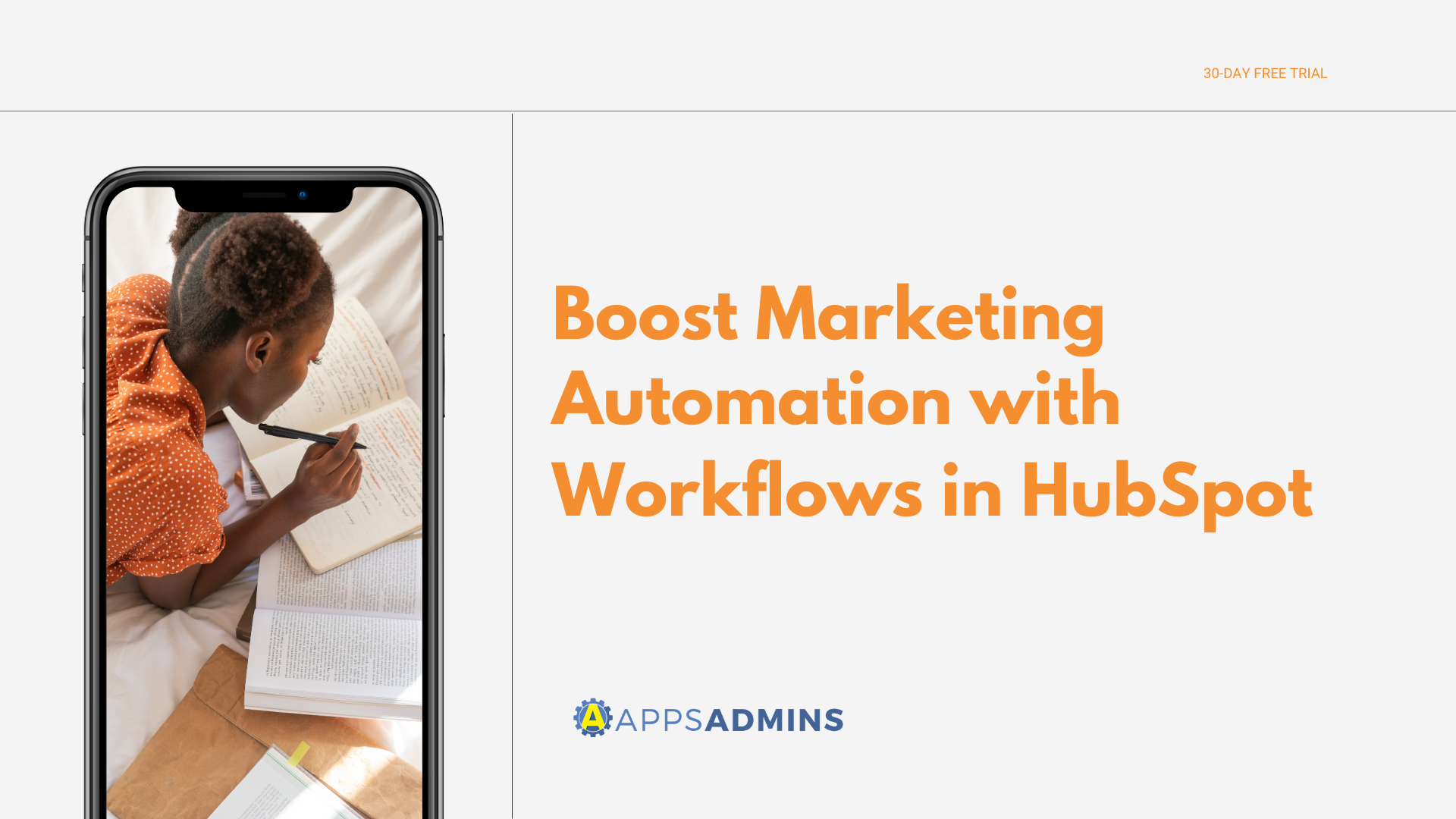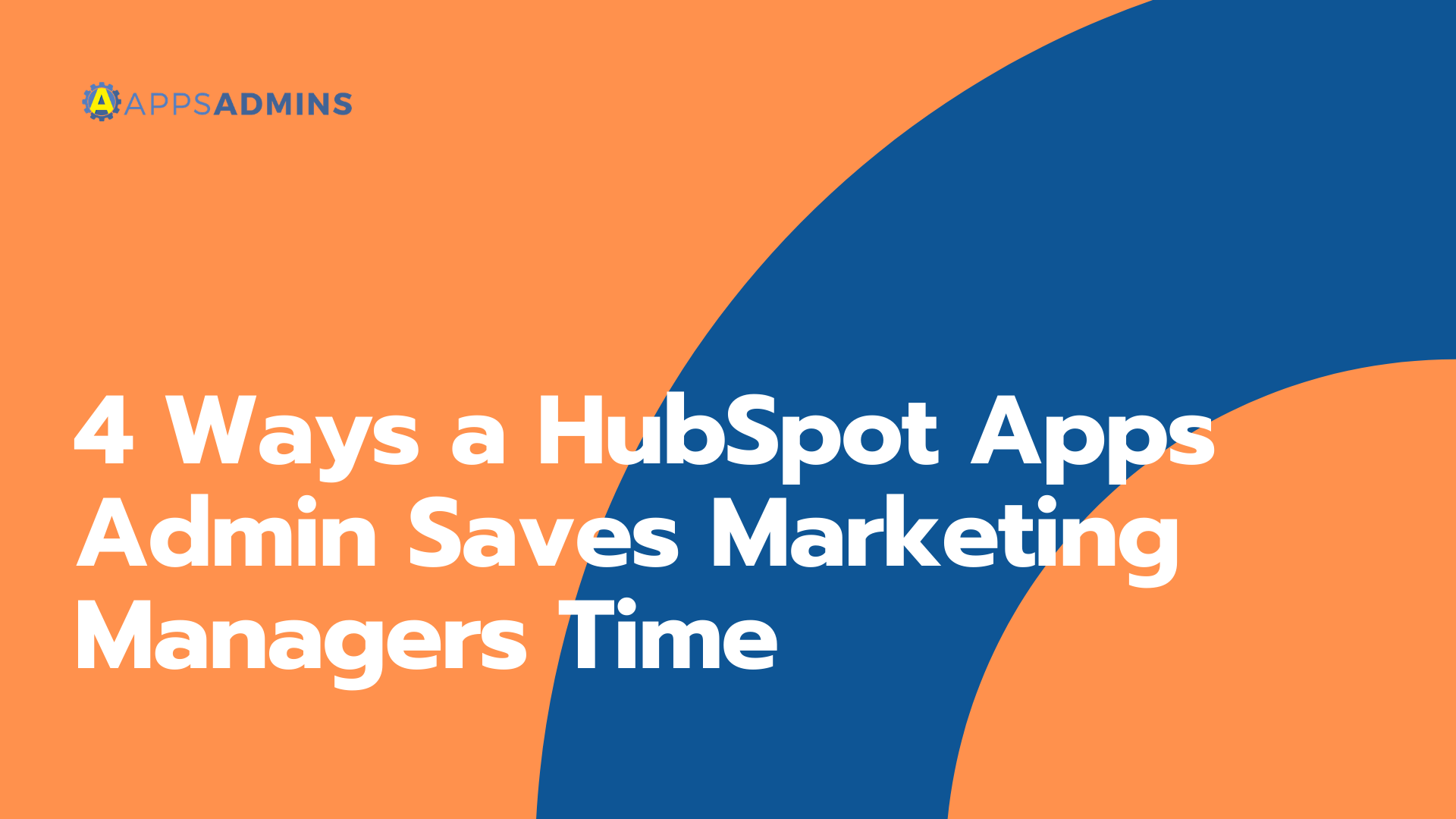G Suite Business Free for 30 Days
Sign up for a Free 30 Day Trial of G Suite Business and get Free Admin support from Google Certified Deployment Specialists.

 From virtual assistants like Google Home to self-driving cars and smart houses, artificial intelligence and machine learning are two concepts transforming the relationship between man and machine. Machine learning has quickly emerged as one of the most exciting technologies in the market, affecting everything from mobile applications to business service.
From virtual assistants like Google Home to self-driving cars and smart houses, artificial intelligence and machine learning are two concepts transforming the relationship between man and machine. Machine learning has quickly emerged as one of the most exciting technologies in the market, affecting everything from mobile applications to business service.
Though the history of machine learning goes back further than you might think, ML concepts have only recently begun to make their way into the business environment, growing increasingly accessible for companies around the world. Part of the reason for the rise in AI and machine learning is a growth in the amount of data we collect and process today.
According to IBM, we generate approximately 2.5 quintillion bytes of information every day.
Since it would be impossible for humans to process such a huge amount of data, machine learning has evolved into a way for organizations to explore the untapped value in the conversations and transactions they manage with their customers. Google believes that the potential of machine learning is the thing that is keeping companies awake at night Everyone wants to know how to make the most of their data for a competitive advantage; machine learning is the key to that door.
Machine Learning and Google
While many companies have begun to explore the potential of machine learning in recent years, few have transformed their entire identity as thoroughly as Google. For over a decade, Google has been working to make their ML solutions as accessible, secure, and powerful as possible, complete with cloud-based services like the Google Cloud TPU - designed to make training and deploying machine learning models easier and faster.
Google has even teamed up with educational companies like Coursera to launch various online courses for mid-market administrators and CIOs who want to embrace the power of machine learning. One of the most recent classes, the Machine Learning Crash Course, provides developers with the basic introductory information they need to start investing in AI. There are also specialized courses available for people interested in working with specific parts of machine learning on the Google Cloud.
One of the ways that Google makes analytics and machine learning more accessible to everyone is to invest in ground-breaking studies and reports that highlight the potential of next-generation technology. Through independent studies, Google shows us what's possible with machine learning in the current marketplace.
How Popular is Machine Learning?
One of the things that Google has explored with its recent studies is the emerging popularity of machine learning. For many years, people considered machine learning to be a specialty that only major corporations and the largest enterprises could access. However, thanks to things like Cloud AutoML, and managed services from Google, it's much easier for businesses of all sizes and verticals to discover the potential of machine learning.
According to one report from the Institute for National Business Research, around 61% of companies say that they implemented an artificial intelligence initiative in 2017 - an increase from just 38% in 2016. Tech innovation is driving the adoption of these new solutions, with 71% of companies stating that their business has an innovation strategy in place to help them stay ahead of the competition in the current marketplace.
Google has also found that machine learning is one of the most significant parts of the AI landscape to see growth lately. The recent research from Google finds that most companies are already exploring a machine learning strategy. Although use cases vary according to the industry in question, many critical applications like consumer behavior analytics and process automation are already common among mid-market organizations. Google's research found that:
-
60% of technology and business leaders already have a machine learning strategy in place.
-
32% of current implementers in machine learning are in the early stages of their plan.
-
26% of early adopters show that more than 15% of their IT budget has now been dedicated to machine learning.
What Are People Using Machine Learning For?
There are many different aspects of machine learning for companies to explore. Some organizations look at machine learning in the customer experience journey, with tools like Google Dialogflow to create conversational experiences for their clients. Other people rely on artificial intelligence and machine learning to detract insights from unstructured pieces of data. Google found that 81% of executives are interested in the predictive analytics branch of machine learning. However, companies are also exploring:
- Security, fraud and risk analysis (66%)
- Asset management (63%)
- Automated consumer communications (58%)
- Automatic transaction processing (56%)
- Logistics and supply management (54%)
- Process optimization (53%)
- Predictive maintenance (50%)
The type of machine learning most interesting for business leaders today tends to depend on their industry. For instance, while virtually every sector is interested in consumer behavior analytics, financial services companies frequently focus on fraud detection, risk analysis, and predictive analysis. On the other hand, healthcare organizations are more drawn to things like predictive modelling and process automation.
Examples of Brands Using Machine Learning
The varied applications of machine learning mean that there's something for virtually every business to get out of a machine learning strategy. For instance, some companies will be interested in the recent "Firebase Predictions" service from Google, which defines dynamic user groups based on predictive behavior. Here are some of the ways that major brands are using machine learning solutions.
1. IBM
IBM is more than just a technology company; it's also a pioneer. Starting with Watson, the AI machine that beat a human being at Jeopardy, IBM has a long history in artificial intelligence and machine learning. Recently, Watson has been deployed across various medical centres and hospitals, where it has demonstrated its ability to make very accurate recommendations in the treatment of patients with certain kinds of cancers.
Watson has also shown promise in the retail sector, where it can be used to support sales assistants and shoppers. IBM, like Google, has even begun to help other developers in building their machine learning strategies by offering APIs for their system on a license basis.
2. Salesforce
Salesforce is a titan in the world of customer relationship management. To help today's companies better manage their relationships with customers, Salesforce offers machine-learning solutions like lead scoring and predictions. With Salesforce Einstein, businesses using the Salesforce CRM can analyze every stage on the consumer buying journey.
Google offers similar insights for their customers through machine learning bots that companies can build themselves. For instance, Cloud Natural Language allows businesses to derive insights from natural conversations with customers.
3. Pinterest
Pinterest occupies a unique space in the social media world, giving people a place to share their interests with the world, and come up with inspiration boards for their creative projects. Pinterest's fundamental function is to curate and share existing content, which means that machine learning is an excellent way to make this process more efficient.
In 2015, Pinterest acquired a company called Kosei to help them build machine learning into their algorithm. Now, AI is at the heart of everything that Pinterest does.
What are the Benefits of Machine Learning?
With innovations like the Cloud AutoML system from Google, which gives companies the tools they need to build exceptional machine learning strategies with ease, there's practically no limit to what the right organization can accomplish with machine learning today.
Machine learning makes companies more efficient, competitive and secure across industries and countries worldwide. According to Google research, around 90% of early adopters believe that ML offers them a competitive advantage in the digital landscape. Additionally, more than half of all business leaders feel that ML will help them to maintain success for the future of their companies. Google has even found that machine learning helps to enhance their cybersecurity measures - the search engine giant even uses AI to identify possible vulnerabilities in the Google database. Findings include:
-
First adopters see 2 to 5 times the ROI of most standard ML projects with Google Cloud during the first year.
-
86% of early adopters believe that machine learning has improved their cybersecurity efforts.
-
81% of early adopters believe that machine learning technology can reduce the costs of running their business.
Further research from Google indicates that 45% of early adopters get more extensive data analysis from their ML solutions, while 35% increase their speed to insight with the analytical information they gather.
How to Get Started with Machine Learning
For people hoping to discover the benefits of machine learning for themselves, the good news is that Google makes it easy. Ultimately, the first step you need to take involves moving to the cloud. With the Google Cloud environment, businesses can access more elastic computing resources, bigger levels of processing power, and greater expertise. The result of this flexible cloud-based system is that more companies are already turning to cloud providers to help them build their disruptive digital strategies.
Google's research over the last couple of years has shown that the migration of machine learning systems into the cloud delivers a wide range of business benefits, including reduced costs, increased efficiency, and more. The cloud even makes machine learning more affordable for the masses of mid-market enterprise companies that can't afford to host their own data centres on the ground.
Here at Coolhead Tech, we frequently advise companies hoping to unlock the potential of machine learning to start their journey by making the move to the cloud. Around 64% of business leaders say that they reduce their infrastructure costs by moving to cloud computing, and Google predicts that 87% of ML workloads will be running in the cloud by the end of next year (2019).
By switching to the cloud, business leaders and CIOs have achieved:
- Improved productivity (60%)
- Enhanced customer experiences (49%)
- Faster time to market (56%)
- Efficient work processes (70%)
Embracing Machine Learning in 2019
So far, you've seen what companies have accomplished with machine learning and the Google Cloud Platform throughout 2018. Now it's time to think about where your machine learning strategy could take you in the year ahead. We're continually seeing huge leaps forward in terms of what's possible in machine learning. Google has introduced us to machines that learn more efficiently with the AutoML solution, the rise of virtual assistants have shown us how machine learning strategies can help us to be more efficient and productive at work.
As we move forward into 2019, the chances are that there will be more focus on machine learning and its ability to fight back against issues with fraud and security. Google announced in it's recent Cloud Next conferences that it's looking for new ways to keep companies secure as they move their organizations to the cloud. The machine learning network could be a big part of this rise in security.
Additionally, Google will continue to make machine learning more accessible to the masses. The years gone by, Google has invested in numerous strategies for artificial intelligence and developer growth. This year, we've seen a rise in countless new Alpha and Beta products in the Google Cloud Platform, including:
-
Cloud AutoML for easy and managed training of machine learning models
-
AI hub for the sharing, deployment, and discovery of AI on the Google Cloud
-
Cloud Inference API - an API for running large-scale correlations with time-series datasets
-
Firebase predictions for companies to define user groups based on predicted customer behavior
-
Cloud Deep Learning VM Image with pre-configured virtual machines for deep learning applications.
Are You Ready for the Future of Machine Learning?
Throughout a selection of studies, Google and their research partners have been able to prove the benefits that machine learning has to offer businesses in the new digital environment. As the technology around artificial intelligence and ML strategies continues to evolve, it makes sense that this disruptive system would become even more essential to business growth.
For a long time, Google has believed that forward-thinking businesses will thrive better with the use of artificial intelligence. We've started to see the evidence of this during 2018, and there's no doubt that new opportunities will emerge in 2019.
Are you ready to embrace machine learning with Google? Contact Coolhead Tech today to start your journey.
.jpg?width=818&name=appsadmins-svg-rules-1%20(2).jpg)







